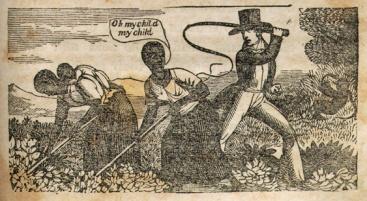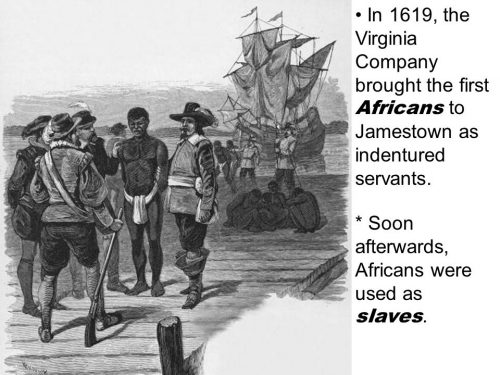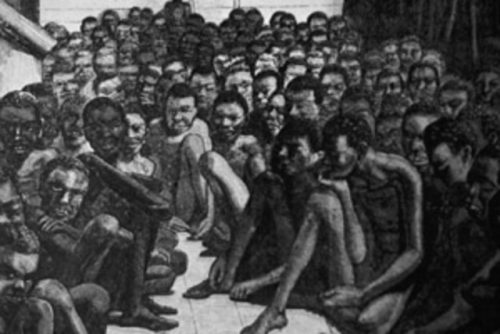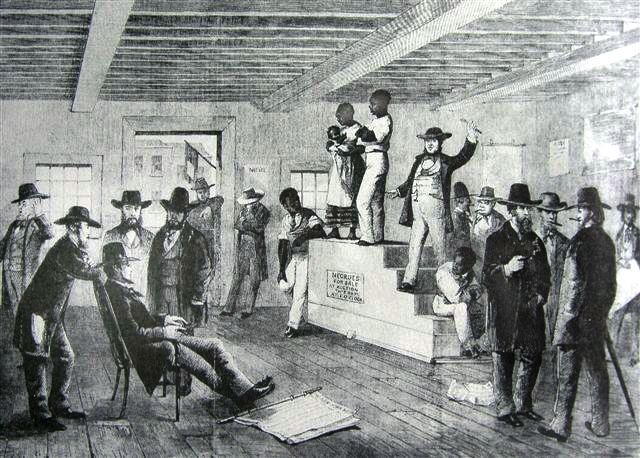
Who would have thought the 400th anniversary of slavery in America was worth celebrating? But then “celebrating” may not be the right word for what is turning into a reexamination of America’s original sin.
USA TODAY and The New York Times are among the publications undertaking this effort. The USA TODAY project focuses in part on a family that came to be known as the Tuckers, “the founding family you’ve never heard of,” whose antecedents apparently were among those who landed in August 1619 at Point Comfort, Virginia.
The Times has taken the anniversary as an occasion to “reframe the country’s history, understanding 1619 as our true founding, and placing the consequences of slavery and the contributions of black America at the very center of the story we tell ourselves about who we are.”
Treason made Civil War necessary
A number of conservatives have responded with indignation to this approach. Most prominent is former professional historian and former House Speaker Newt Gingrich, who is apparently fed up with the focus on mistreatment of Africans.
“Certainly if you’re an African American, slavery is at the center of what you see as the American experience. But for most Americans, most of the time, there were a lot of other things going on,” he explained. Instead of emphasizing the critical role played by race-based slavery, Gingrich argues that we should focus on the “several hundred thousand white Americans who died in the Civil War in order to free the slaves.”
400 years after American slavery:
Aaron Burr’s lawyer owned my family. It has been a long, tragic journey from slavery.
Gingrich’s argument is nonsensical. Whatever one’s race, “there were a lot of other things going on” at any period in history. One does not have to be black to see the importance of slavery to the American story. Nor does the fact that a lot of other things were “going on” make slavery inconsequential or somehow benign.
But then, despite comparing himself to scholar-president Woodrow Wilson, Gingrich is not a deep thinker. As historian Jonathan Zimmerman has pointed out, “to Gingrich, history is politics by any other means.”
Also, Gingrich’s understanding of the Civil War is flawed. The goal of the war was not primarily to free black slaves but to block Southern secession and the expansion of slavery into the Western territories.
But even if one accepts Gingrich’s framing, the logical focus would not just be on the selfless whites who died supposedly freeing slaves but on the millions of whites whose treason made the war necessary.
Their rebellion against the U.S. government initiated the bloodiest conflict in American history, causing 620,000 deaths in an ultimately futile effort to preserve and expand a cruel and immoral institution.
White supremacy shaped America
One can argue over how different America might have been had the country never embraced white supremacy and race-based slavery, but one cannot argue, in any intellectually honest way, that this history has not fundamentally shaped who we are today.
The nation’s first naturalization act — passed in 1790 — restricted eligibility to “free white persons.”
That restriction stood until after the Civil War. Racial restrictions on immigration were not fully dropped until the latter part of the the 20th century.
Although black Americans won the right to citizenship in the wake of the Civil War, the right to equality was not granted until a century later. And even then, most blacks were not allowed to exercise that supposed right.
To erase racial exclusion and suppression from America’s history is to erase most of American history.
Gingrich, for all his anti-intellectual bluster, surely understands that. But he simply finds it easier to celebrate the greatness in our history rather than focus on moral failings —especially if acknowledgement of those failings bolsters an argument to make amends.
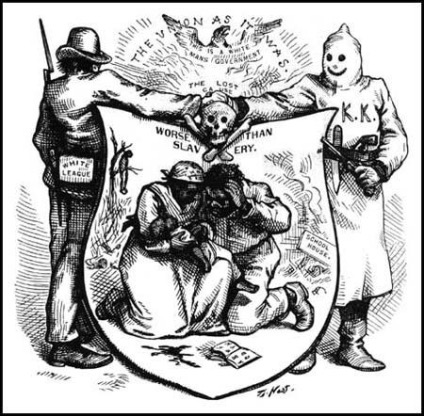
Don’t pretend the past doesn’t matter
Over the course of my career, I have produced several books and hundreds of articles that attempt to explain America’s racial complexity. As a consequence, I have received thousands of nasty messages from white readers who insist that whites are not responsible for the mess minorities have made of their lives. I am very familiar with the way Gingrich frames things and with the tendency of so many thinkers, particularly on the right, to dismiss the pernicious effect of race — both historically and today.
More from the 1619 project:
Slavery’s explosive growth, in charts: How ’20 and odd’ became millions
Searching for answers: Wanda Tucker’s spiritual journey to where the slave trade began
I am also aware that in the past few years, we have hit new lows in political rhetoric. Our current atmosphere is not one that encourages deep reflection or fosters the ability to digest a complex history. Still, I can’t help feeling that in an age where white supremacists with guns feel newly empowered, we have a responsibility to understand just what they are connecting to in our collective history.
We certainly can disagree about how much and in what ways the sins of our historical past influence the present. What we cannot do, with any integrity, is pretend that the past does not matter — or that it no longer influences who we are.

Ellis Cose, a member of USA TODAY’s Board of Contributors, is the author of “The Rage of a Privileged Class: Why Are Middle-Class Blacks Angry? Why Should America Care?” and “A Nation of Strangers.” His history of the ACLU will be published next year. Follow him on Twitter: @EllisCose
You can read diverse opinions from our Board of Contributors and other writers on the Opinion front page, on Twitter @usatodayopinion and in our daily Opinion newsletter. To respond to a column, submit a comment to letters@usatoday.com.
This article originally appeared on USA TODAY: 1619: Slavery and white supremacy shaped the America we are today
The 21st Century



